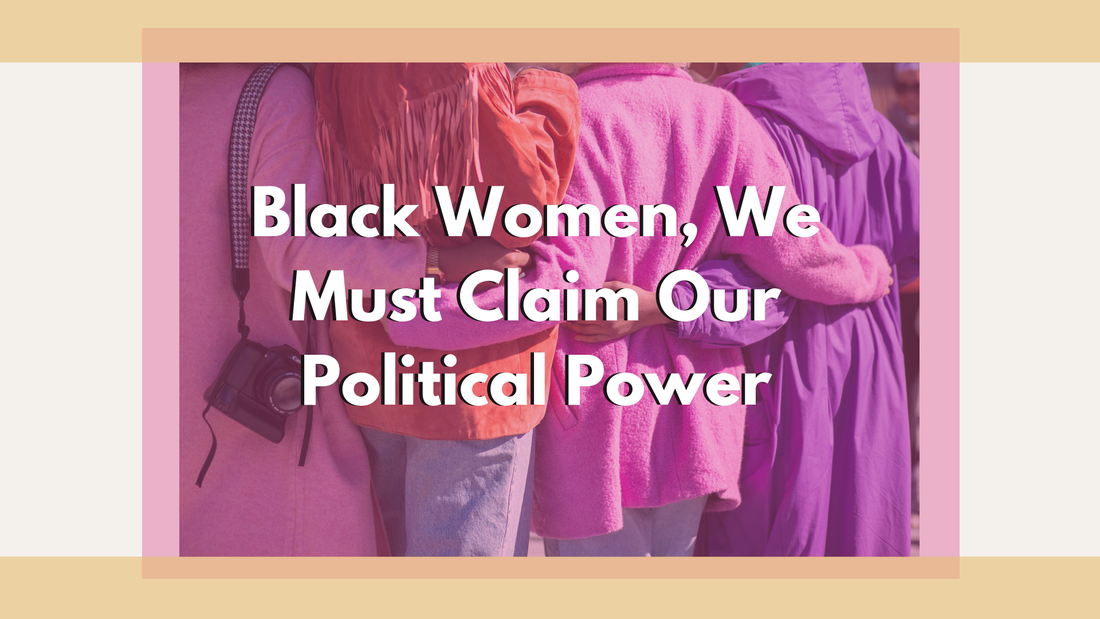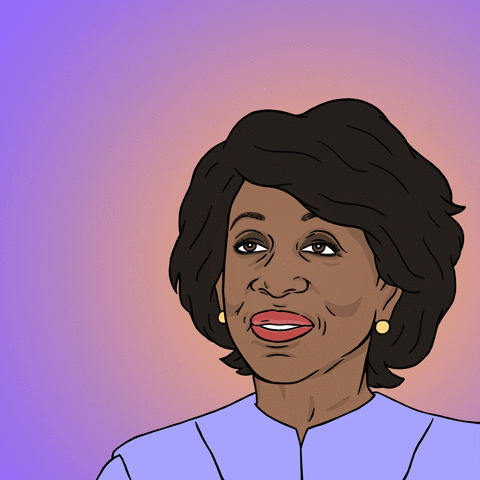|
The presence of Black women in local and federal office is imperative. Black women need to be in positions of power to reframe the narrative that surrounds our existence and to assert the power that has historically been stripped from us. The Center for American Women and Politics at Rutgers University has established that “Of the 107 women serving in the 115th Congress, 18 are Black.” In addition, “Of the 1,879 women state legislators serving nationwide, 276 are Black.” These figures illustrate the significant disparity that lies within the number of Black women that hold positions in political office and the evident need there is to fill this gap. The presence of Black women in office is necessary for the social and political advancement of Black women and other minority communities. They have the means and resources to advocate for Black issues and craft policy initiatives that can alleviate the ills of a historically oppressive system. The advancement of Black women is intrinsically tied to having legislative representatives that share their experiences and utilize this understanding to initiate policy changes that benefit the Black community. Voices that advocate not only for Black people, but Black women are key because there is a level of duality to our oppression as we are impacted by both our racial and gender identities. One could even take this a step further in emphasizing the importance of having Black women politicians that are members of the LGBTQ community or that come from impoverished backgrounds, as they embody the layered nature of oppression and systematic immobility. There are significant Black women leaders like Maxine Waters and Stacey Abrams, for example, who use their platforms to speak candidly about issues in an effort to better their communities. Maxine Waters is a House Representative for California’s 43rd Congressional District. She is progressive in her politics and has been very outspoken against Donald Trump’s presidency. She has often been labeled as “the angry Black woman” and has even been said to be an “extraordinarily low IQ person” according to President Trump. Regardless of what people think about Maxine Waters’s politics or outspokenness, it is without a doubt that she stands firmly in her beliefs and does not allow anyone to sway her. Photo Courtesy of Giphy Stacey Abrams is the Democratic nominee for Georgia’s 2018 gubernatorial election. Her campaign platform involves a host of issues, a major one being equal rights. In light of the #MeToo era, she hopes to, “Reform the Georgia Commission on Equal Opportunity into the Georgia Commission on Human Rights, which will set clear pathways for harassment complaints and be a referral point for Georgia workers.” If you are a resident of Georgia, voting for Stacey Abrams will take place on November 6, 2018. General elections for congressional, state, and local primaries will also occur on November 6, 2018 – be sure to mark your calendars! This is the time for you to vote for leaders that best represent you and your beliefs. The Black woman’s vote has power! Black women are a significant part of the overall voter demographic as “In 2008, 64.4% of voting age Black women reported voting compared to 61.7% of white women, 56.4% of Black men and 34.3% of Hispanic women.” In the 2012 presidential election, Black women voted at a higher rate than any other group – across the lines of race, gender, and ethnicity. Our votes have power, and we have the ability to use our voting power to elect individuals that best represent our communities, values, experiences, and sentiments. Photo Courtesy of Giphy It is important to note that the political power of Black women should not only be exercised by voting or holding roles in office as there are a number of other ways that we can remain politically engaged in our communities. We should take time to research and learn about our local delegates and representatives as well as the political action taking place in our states, cities, counties, or university campuses. It is also important that we involve ourselves in political initiatives by voicing our concerns at town halls or participating in student government. Some of the same issues that systematically affect Black women on a societal scale are often manifested in educational settings as well. There are certain concerns related to race and the rights of women that are prevalent on school campuses; such as sexual assault and racism. As a sitting member of student government, you can be an advocate for your community – a mouthpiece that amplifies the voice of Black women on your school’s campus. I was recently elected to serve as a legislative representative for the Student Government Association (SGA) at my university. My time in SGA thus far has made me recognize the importance of representation in government and the presence of Black women in all areas of higher office. As a representative for SGA, I recognize the value of my position and the perspective that I bring to discussions about university policy and the overall campus climate. I have the power and resources to effect significant change throughout the wider campus community. I know from personal experience that the concerns of minority students on a large university campus are often overlooked or suppressed. Given this, I believe that I have a responsibility to bring those concerns to the foreground of SGA efforts and initiatives. My voice matters; your voice matters; and the voices of Black women matter. Written by: Senam OkpattahSenam Okpattah is a Junior at the University of Maryland College Park. She is double majoring in Public Policy and African American Studies with a policy concentration. She interned for The Dinner Table Doc this summer and enjoyed her experience so much, that she decided to return for the fall semester!
0 Comments
Leave a Reply. |
Archives
May 2022
|



 RSS Feed
RSS Feed